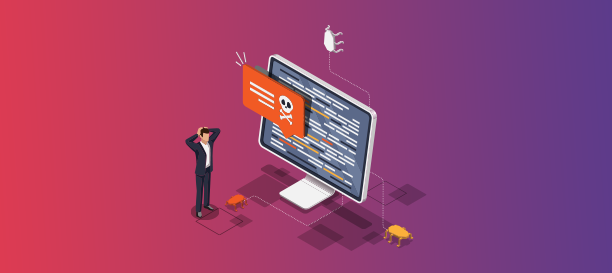You’ve been hijacked!

You’ve been hijacked!
Has it ever happened to you that you opened the web browser on your PC and it looked a bit off? Then you perhaps did a Google search for something or tried to access your email only to have a dozen ads popping up or to be redirected to some other URL. Well, it means your web browser was hijacked. Browser hijacking is one of the most common cyber crimes out there today.
What is browser hijacking?
Browser hijacking is when a malware enters your system and takes control of your browser. It then makes changes to your browser settings and while it seems innocuous, the consequences can be serious. Your browser is the gateway to the internet. By hijacking your browser, the malware will be able to steal your data including private information, log-in credentials and more.
How does a browser hijacker gain access to your system?
Browser hijacking malwares can enter your system in various ways. Generally, they gain an entry when you click on a malicious link or accidentally download the malware onto your computer.
How to determine if your browser has been hijacked?
When your browser is hijacked, you will notice that most probably, your homepage setting would’ve changed. Your default search engine may have been changed too, and when you click on links, multiple, unrelated pages will open up. You will also notice that you are bombarded with pop-up ads and are barely able to navigate the web. You may also find new add-ons or toolbars installed on your browser automatically.
Safeguarding against Browser Hijacking
Installing a good anti-malware software program is one way to protect your browser from being hijacked. Firewalls can also help, as they will restrict access to suspicious sites. Apart from installing firewalls and anti-malware, you also need to follow basic cybersecurity best practices such as not opening suspicious emails, not downloading attachments without scanning them with the antivirus software on your computer, not installing any software program unless you are 100% sure of its authenticity and also, by being vigilant when it comes to links in emails or the web, in general. Remember, a simple browser hijacking seems more like a nuisance than a big threat to your data security, but it could turn out to be much more than that.

